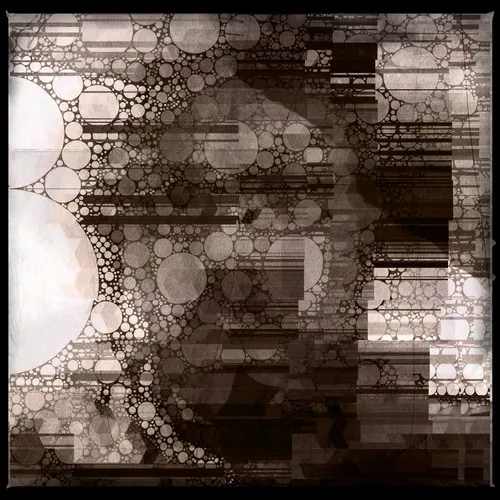
"I feel like I'm an old soul."
Have you ever heard someone say that? I bet you have. It's a very common line, one of those somewhat hokey things that sounds fairly spiritual—not Western spiritual, but the more exotic Eastern kind, which still has the feel to many of a kind of secret thing, something you will only find in the misty hills of Shangri-La.
But what's it mean? I'm an old soul. Old soul. It doesn't mean anything, does it? If we are to accept the idea of reincarnation, doesn't that mean we are all old souls? Unless there is some process by which new souls are created. Or perhaps it just means, in a hippie kind of way, that the speaker can feel their past lives in some way. Or maybe that they just smoke too much pot.
My old Zen teacher would have said hogwash—mystical Hindu magical-thinking combined with crazy New Age ideas. Many old Zennies I meet are like that—they are kind of cranky. haha no no that's not right... They are just honest, saying it like it is, feeling no need to hide behind polite language.
The Buddha taught us that we don't have souls. No atman here, trailing from life to life like a favorite possession. Hindu stuff. But... something of us does continue, according to Buddhist teaching. Now there's a riddle. Try squaring that circle.
What does Zen teach? It teaches <smack> don't worry about such things and go stare at the wall.[1] 😉 Less grumpy teachers make suggestions, however, and then advise you to meditate and find out for yourself; and meditation brings additional insight. Here is one of those suggestions. It is far from the only one, but it is a good one.

The Ocean of the Afterlife
We are like the ocean. At times some of us wash up to this shore, some of us to that shore, and some of us chill out far out of sight of land for long (long, long) stretches of time.
If you scoop a cupful of water, what is it in that cup? Pour the water back into the ocean and scoop again. What is in that cup? Is it the same water as before? Different water? How can you tell? Your new cup of water may contain a small bit of the water it had before ("old" water) along with much "new" water.
New water... old water... it is both old and new. It is a new configuration of something old—a new configuration of water that previously was in many different cups—a configuration that has never existed before and never will again.
Does that old water retain any memories from its previous stay in the cup? Maybe. Perhaps the memories from all the old water combine with the memories of the "new" water to influence an entirely new personality that is both the same and different from what came before. One that might be able to access those memories, but probably won't be able to. After all, memories we remember well are usually stories we have told and retold ourselves so many times that they bear little resemblance to the actual event that they are supposedly of, and memories that we haven't been retelling ourselves every now and again are often forgotten; the water hanging out in this primordial ocean probably hasn't been retelling itself tales of any previous incarnations, therefore all such vestiges of the previous stays in cups have probably been lost.
But, who knows, one day one of these new cups of water may try to be profound and call itself "old water".
How many cups have thus been drawn since The Beginning? Ah, now there's a question! (albeit a meaningless one)
❦
 |
David LaSpina is an American photographer and translator lost in Japan, trying to capture the beauty of this country one photo at a time and searching for the perfect haiku. |
If this blog post has entertained or helped you, please follow/upvote/reblog. If you want to further support my writing, donations are welcome.
I kid. I joke. You probably won't find many teachers doing that, but it is the stereotype we Westerners have and sometimes stereotypes can be fun. ↩